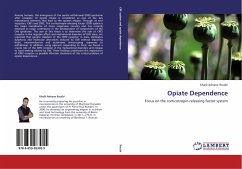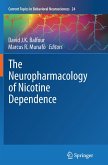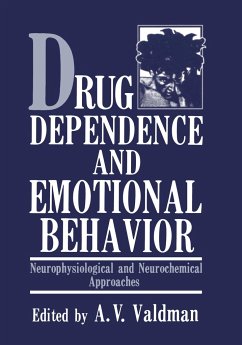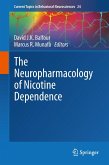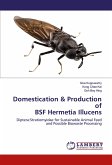Among humans, the emergence of the opiate withdrawal (OW) syndrome after cessation of opiate intake is considered as one of the key motivational elements that lead to the opiates relapse. Through its two receptors: CRF1 and CRF2, The corticotropin-releasing factor (CRF) system is the major coordinator of stress responsive circuitry and has recently emerged as major contributor in the development of components of the OW syndrome. The aim of this thesis is to determine the role of CRF2 receptor in the negative affect and motivational disorders of OW. Here, we reported that genetic deletion of the CRF2 receptor, in mice, eliminates dysphoria and molecular alterations induced by OW without impairing brain, neuroendocrine and autonomic stress-coping responses to withdrawal. In addition, using operant responding to food, we found a crucial role of the CRF2 receptor in the motivational disorders and relapse to food seeking elicited by OW. These findings underscore the importance of CRF2receptor as possible effective treatment of the critical problem of opiate dependence.
